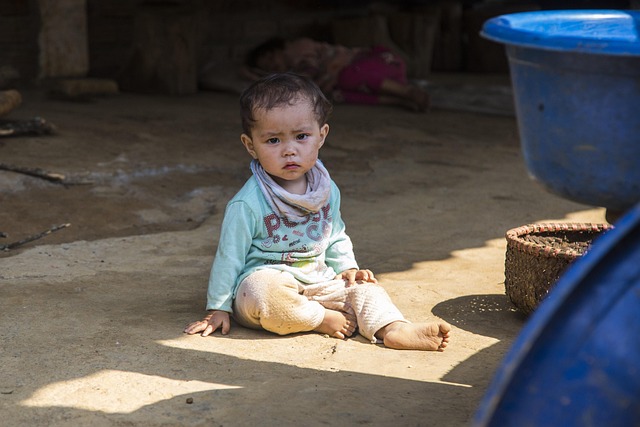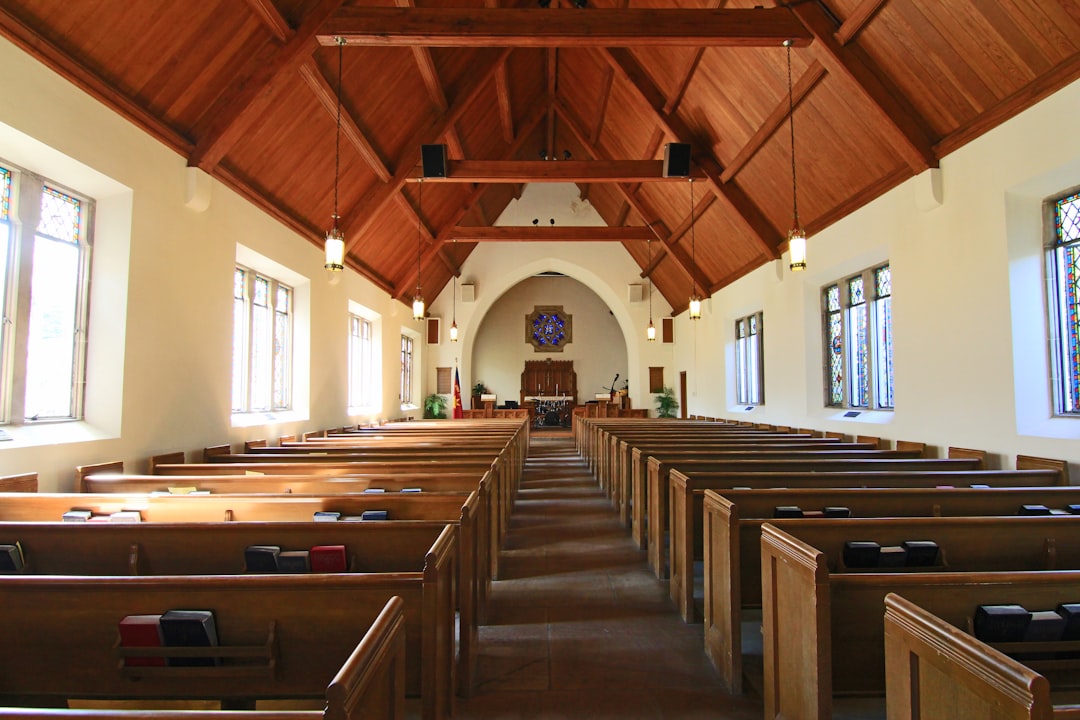In Pennsylvania, clerical sexual assault within religious organizations like the Catholic Church can deeply impact victims' mental health. Despite challenges such as institutional influence and cultural silence, survivors can seek justice with the help of a specialized clergy abuse lawyer in Pittsburgh, PA. These legal professionals guide clients through complex legal systems, ensuring rights are protected, compensation is received, and perpetrators are held accountable. Support for survivors of clergy sexual assault, including counseling, support groups, and legal aid organizations, is crucial for healing and justice. For legal assistance, consider a clergy abuse lawyer in Pittsburgh PA.
In Pennsylvania, the issue of justice for victims of clergy sexual assault has gained critical attention. This article delves into the profound impact of clerical abuse within the state and explores vital resources available for survivors. We navigate legal options with a focus on the role of a clergy abuse lawyer in Pittsburgh, PA, offering guidance and support. Additionally, we provide essential steps towards justice, highlighting crucial resources designed to aid victims in their journey towards healing and closure.
Understanding Clerical Sexual Assault and its Impact in Pennsylvania
In Pennsylvania, clerical sexual assault refers to abusive sexual conduct by individuals in positions of religious authority or power, often within the Catholic Church or other spiritual organizations. This type of abuse can have severe and lasting impacts on victims, affecting their emotional, psychological, and physical well-being. The trauma caused by clergy abuse can lead to long-term mental health issues, including depression, anxiety, post-traumatic stress disorder (PTSD), and low self-esteem.
Victims of clerical sexual assault in Pennsylvania may face unique challenges when seeking justice. Barriers such as religious institutions’ influence, fear of retaliation, and cultural silence can deter individuals from coming forward. A clergy abuse lawyer in Pittsburgh, PA, plays a crucial role in providing legal support to these victims. They help navigate the complex legal system, offer guidance on their rights and options, and advocate for fair compensation or other forms of justice.
Navigating Legal Options: The Role of a Clergy Abuse Lawyer in Pittsburgh, PA
Victims of clerical sexual assault in Pittsburgh, PA, face a challenging road to justice. Navigating legal options can be complex and intimidating, especially when dealing with sensitive matters within religious institutions. This is where a clergy abuse lawyer plays a pivotal role. They specialize in understanding the unique dynamics of such cases, ensuring victims receive fair representation and support throughout the legal process.
A skilled clergy abuse lawyer in Pittsburgh will help victims explore various legal avenues, including civil litigation against the responsible parties or the institution itself. They guide their clients through the intricacies of the law, providing crucial insights into the evidence required and the potential outcomes. Moreover, these lawyers advocate for victims’ rights, ensuring that they receive the compensation and closure they deserve while holding perpetrators accountable for their actions.
Supporting Survivors: Resources and Steps Towards Justice for Victims
Supporting survivors of clergy sexual assault is a vital step towards achieving justice and healing in Pennsylvania. Many victims face unique challenges when coming forward, including fear, shame, and uncertainty about their next steps. Legal support from an experienced clergy abuse lawyer in Pittsburgh, PA, can be instrumental in this journey. These professionals are equipped to guide survivors through the legal process, ensuring their rights are protected and they receive the justice they deserve.
Resources like counseling services, support groups, and legal aid organizations specifically tailored for clergy abuse victims can empower individuals to take action. It’s a crucial first step for survivors to find safety, share their stories, and begin the healing process. By combining these resources with legal expertise, victims can navigate their path towards justice, holding accountable those who have caused them harm.






